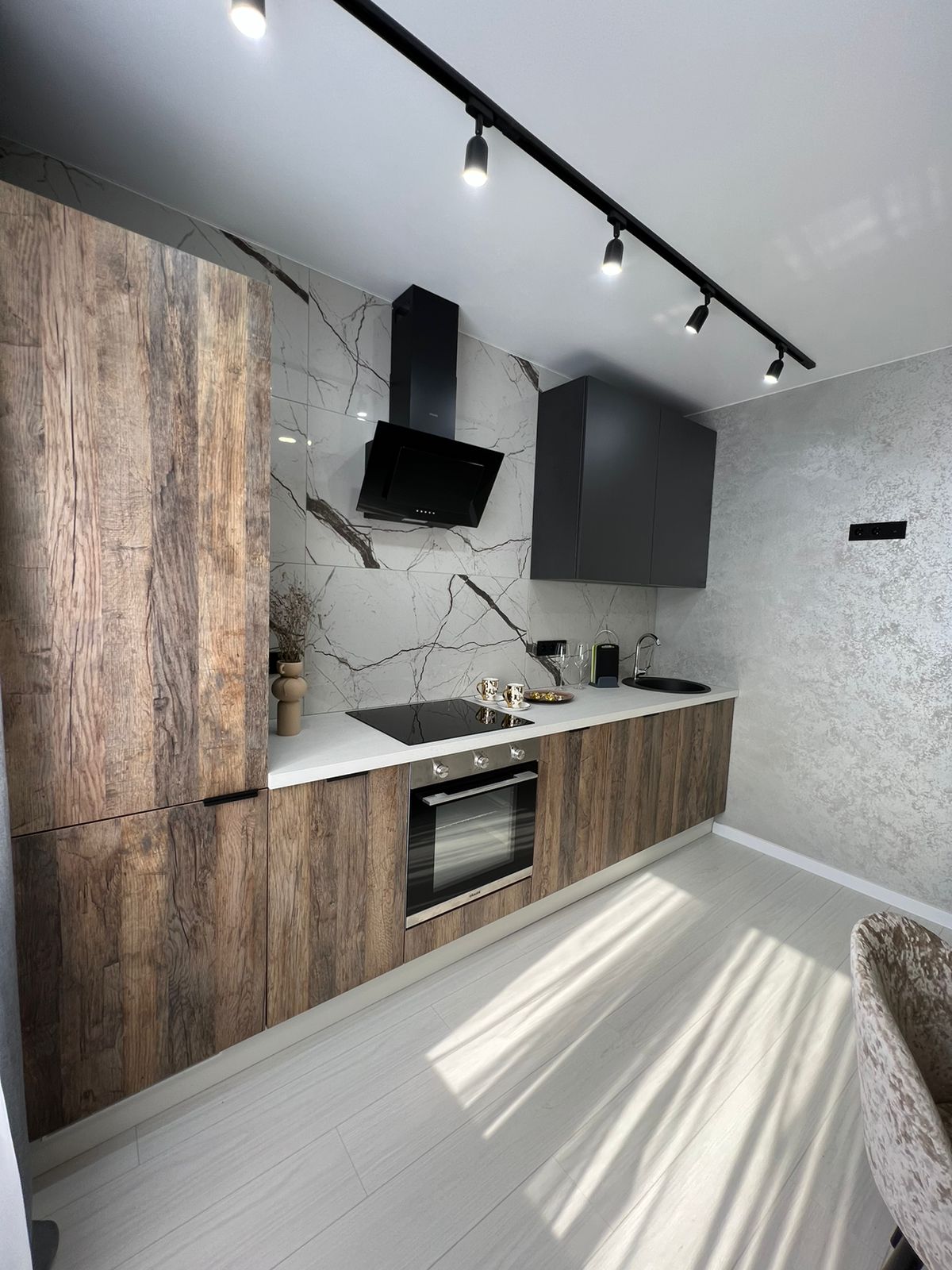
The Dawn of New Culinary Spaces
As the world of gastronomy continues to evolve, so does the need for innovative culinary spaces. The traditional kitchen has transcended from being merely a place to prepare meals to becoming a multifunctional hub for socializing, dining, and embracing the art of cooking. The reimagining of these spaces is not only transforming how chefs operate but also enhancing the overall culinary experience for enthusiasts and professionals alike. Today, we stand on the brink of a revolution, one that brings efficiency, technology, and sustainability to the forefront of food preparation and presentation.
Integrating Smart Technology
One of the most significant factors in revolutionizing culinary spaces is the integration of smart technology. Modern kitchens are getting equipped with devices that can be controlled remotely, programmable appliances that ensure precision, and intelligent systems that learn from user preferences to facilitate a more seamless cooking experience. This tech-forward approach not only streamlines the cooking process but also promotes energy efficiency, reducing the carbon footprint of culinary endeavors. From smart ovens that preheat at the command of a smartphone to refrigerators that keep track of groceries and expiration dates, the kitchen is becoming a hub of connected convenience.
Maximizing Space with Modular Design
As urban living spaces become smaller, the need for efficient use of space is paramount. Modular kitchen designs are leading the charge in making the most of the available area. These adaptable layouts allow for components to be reconfigured or removed according to the user's needs. Foldable work surfaces, retractable hoods, and movable units contribute to a multifaceted space that can transform in seconds. Whether for a professional chef who needs a dynamic environment or for a home cook with limited area, modular designs offer a solution that is as flexible as it is practical.
Fostering Sustainability
Sustainability is no longer just a trend; it's a necessary consideration in the design of modern culinary spaces. Implementing eco-friendly practices includes using materials with low environmental impact, energy-efficient appliances, and systems that reduce waste. Innovations such as composting stations, water-saving dishwashers, and induction cooktops that minimize heat loss are becoming standard. Furthermore, sourcing ingredients from local, sustainable farms and using in-kitchen herb gardens not only supports the environment but also contributes to the freshness and quality of the food prepared in these revolutionary spaces.
Collaborative Cooking Environments
The revolution in culinary spaces also extends to how people interact within them. The emergence of open-concept kitchens and cooking islands promotes a social atmosphere where cooking becomes a communal activity. Interactive culinary studios and workshops are increasingly common, where professionals and amateurs can gather to share skills, recipes, and experiences. This shift not only nurtures a sense of community but also encourages a collaborative approach to culinary innovation and education.
Conclusion: The Future of Culinary Spaces
The revolutionizing of culinary spaces is an ongoing journey, one that promises to blend aesthetics, efficiency, and sustainability into a harmonious cooking experience. By embracing new technologies, flexible designs, eco-conscious practices, and social interaction, we are setting the stage for a future where the spaces in which we cook are as inspiring as the dishes we create. As we continue to explore the boundaries of culinary arts, the environments we build around them will undoubtably reflect our commitment to innovation, quality, and community.